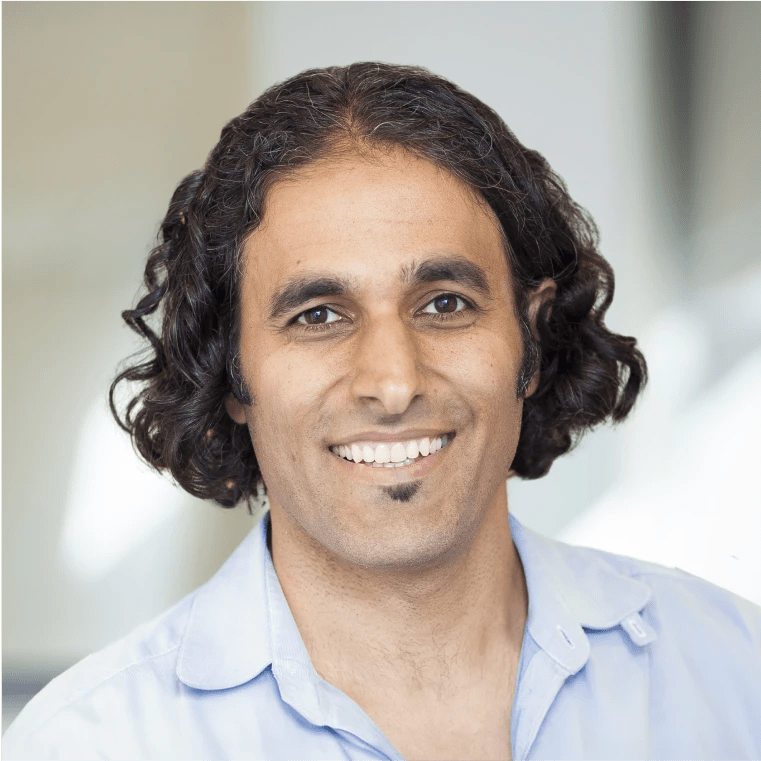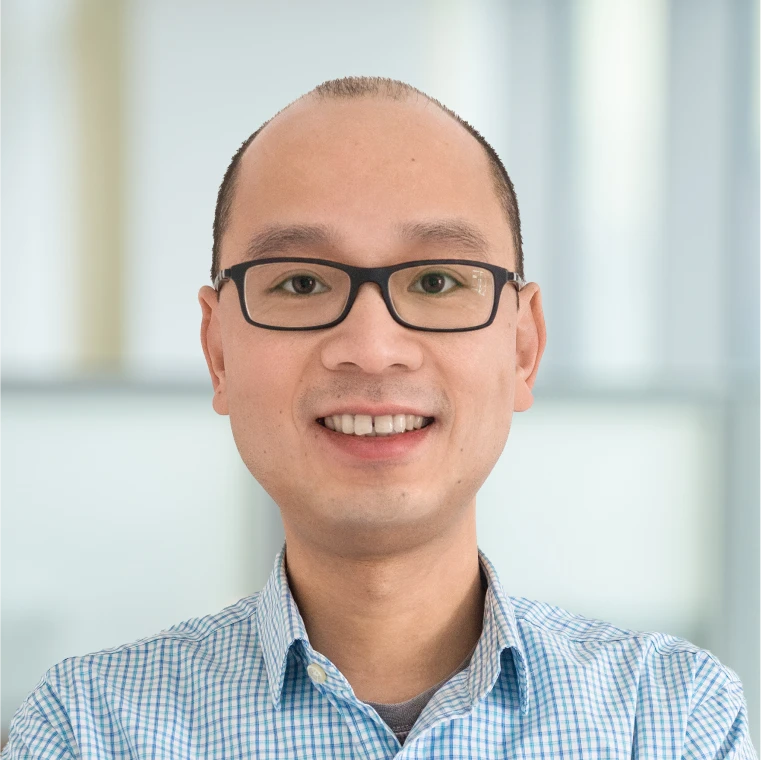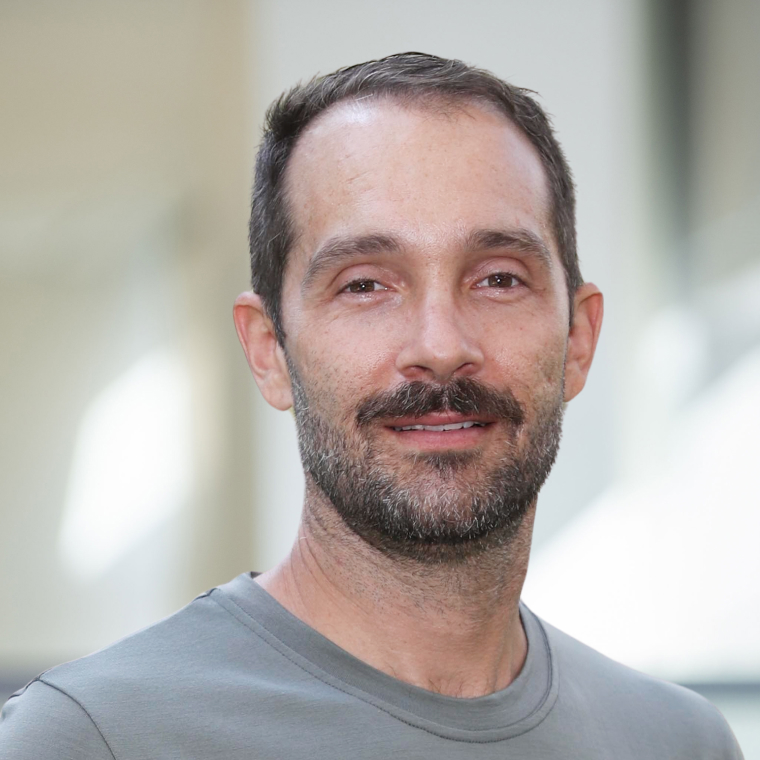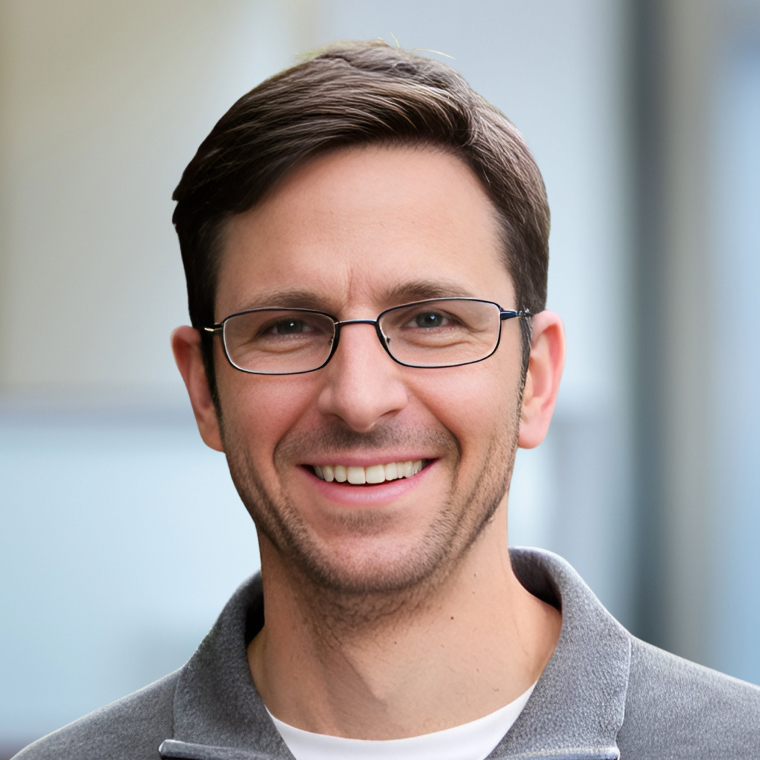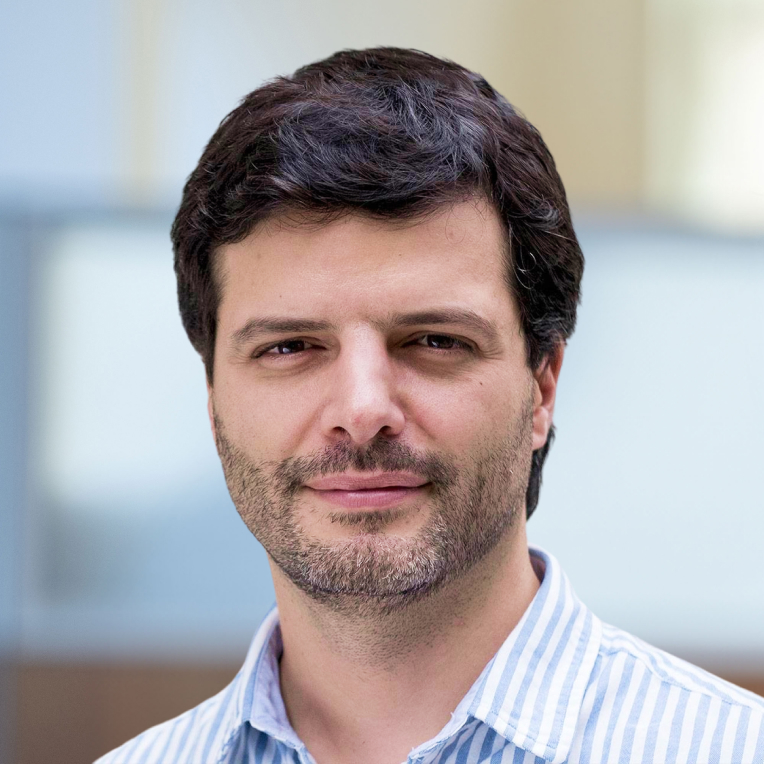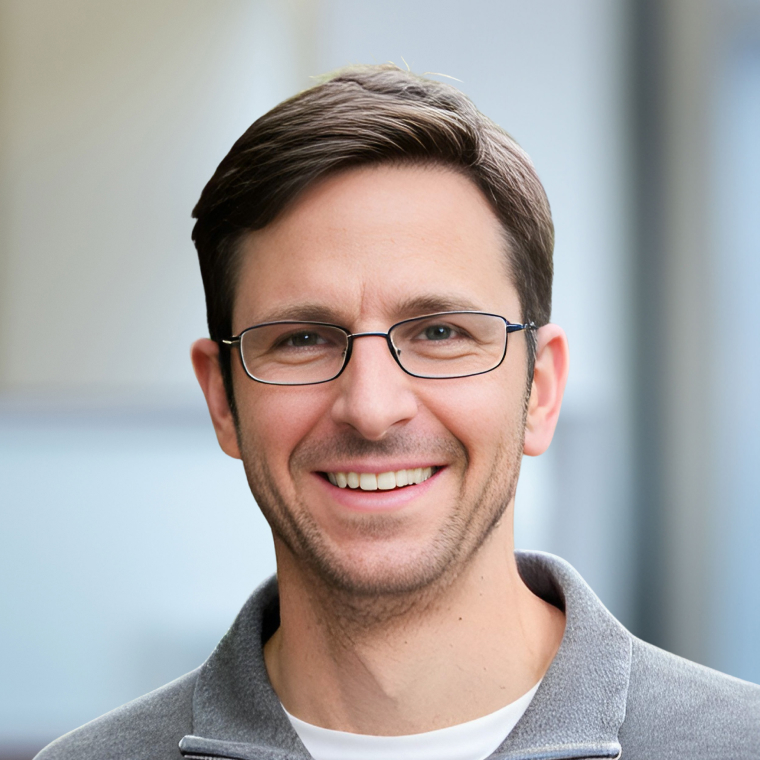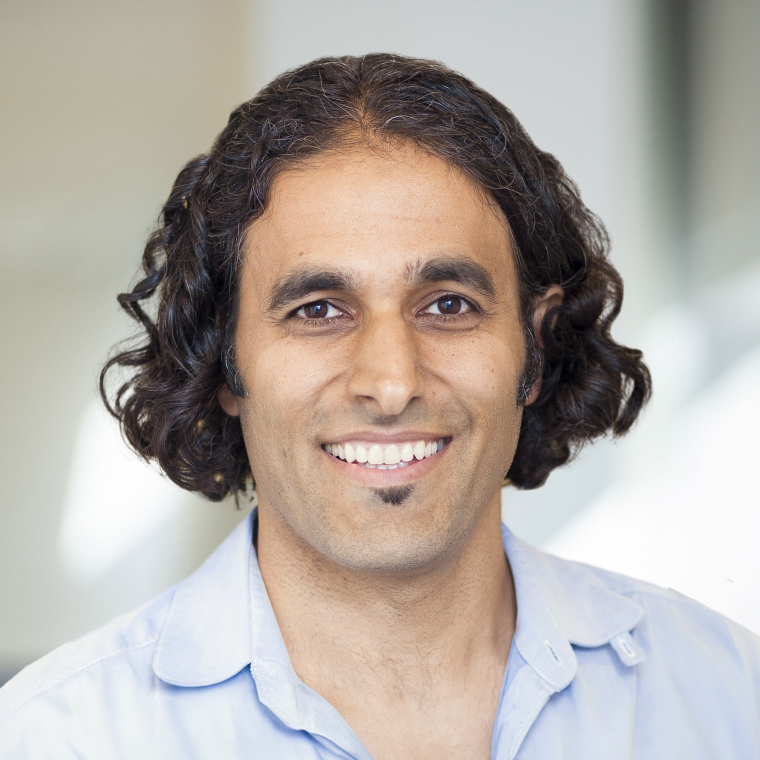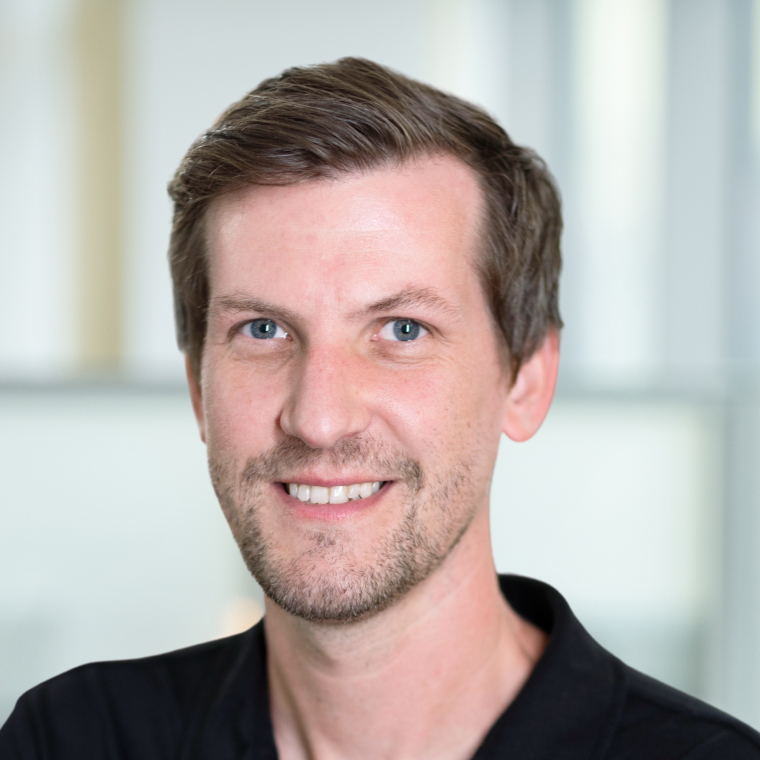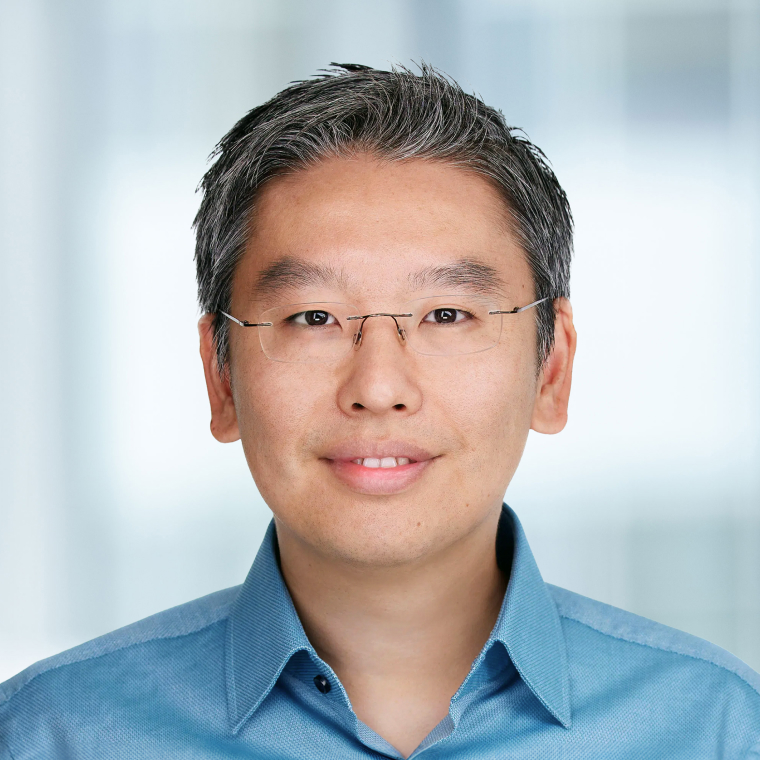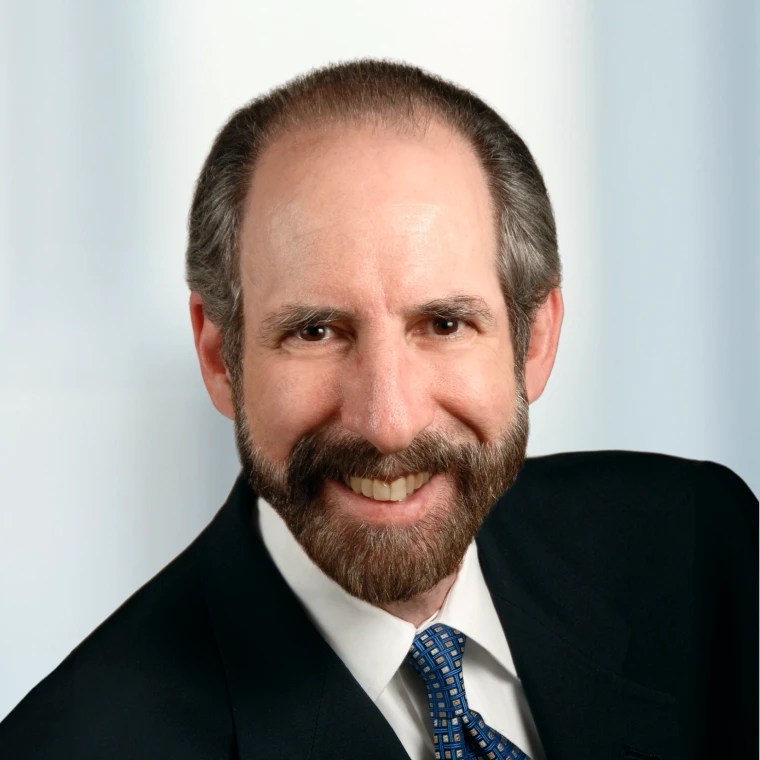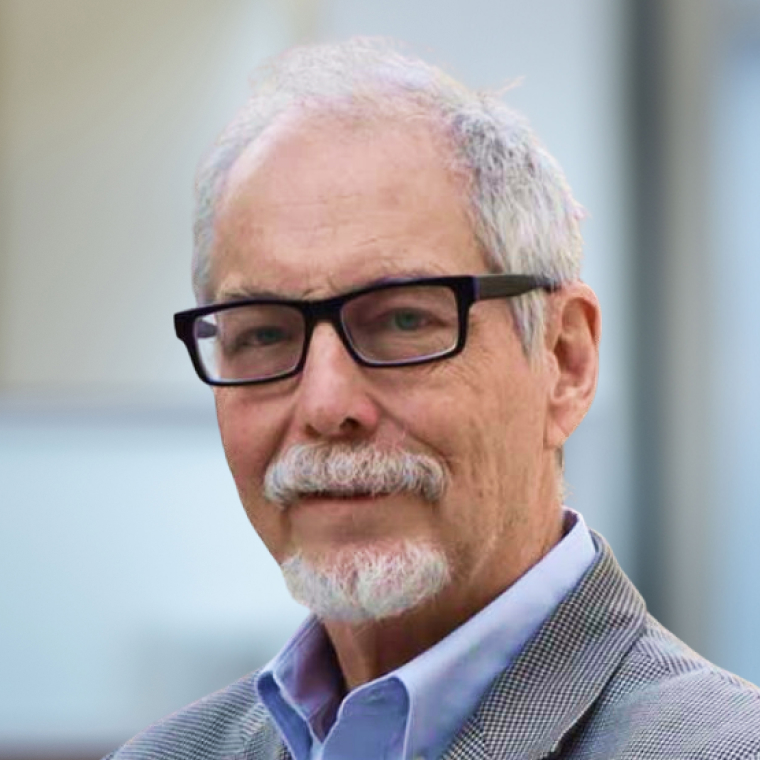Alexander Hoffmann is the Thomas M Asher Professor of Microbiology and Immunology at UCLA, and the founding director of the campus-wide, interdepartmental Institute for Quantitative and Computational Biosciences (QCBio) to catalyze, promote, and guide the transformation of biological and biomedical sciences into a data-rich, theory-based, quantitatively predictive science. QCBio initiates, supports, and coordinates almost a dozen research, research training, and education programs in quantitative and computational biosciences.
Before joining UCLA in 2014, Hoffmann was Professor of Biochemistry at UCSD; there he founded the San Diego Center for Systems Biology (SDCSB), co-founded the BioCircuits Institute (BCI), and transformed the UCSD Graduate Programs in Chemistry and Biochemistry, and in Bioinformatics and Systems Biology.
The Hoffmann Lab is a recognized leader in inflammation and immune response research. He is known for the development of the popular His-tag for protein purification, the cloning of the general transcription factors, and the impactful Temporal Code hypothesis that the dynamics of signaling specifies the nature of the immune response. He has received several awards for his innovative research accomplishments and is well recognized for the training programs he has initiated. He is often tapped for keynote lectures on immune response research or the quantitative biosciences revolution.
Hoffmann holds degrees in Physics and Zoology (BA 1988, Cambridge University), Biochemistry and Molecular Biology (Ph.D. 1994, Rockefeller University) and owes his training to Robert Roeder and David Baltimore, as well as his many computational and systems biology students, postdocs, and collaborators.







